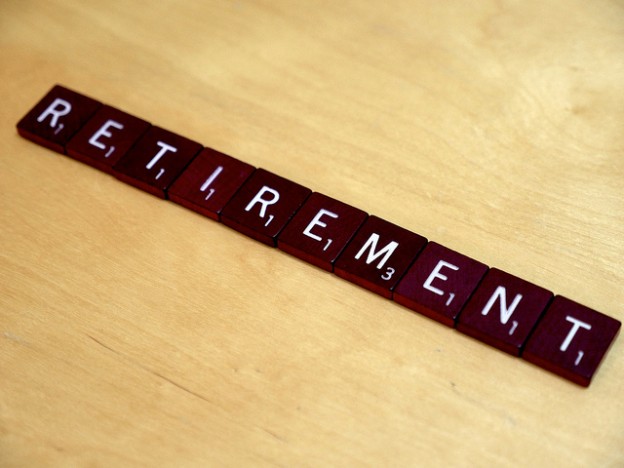How Different Generations Can Prepare for Retirement

It is widely accepted knowledge that to have a successful retirement you should have a minimum of 1 million dollars stashed away. While that may seem like a daunting goal, you can begin the process no matter when you were born, or where you are on your journey to retirement.
There are certain factors that are generation applicable, of course. Baby boomers have a higher chance of having a pension than, say, a millennial, while Gen Xers are just about the right age to be at the top apex of their earning potential right now.
Here, we will look at some generation-specific tips and tricks to help you achieve your retirement goals.
First, let’s consider the baby boomer generation, which just now is rounding that retirement age. Even with some of them saving their whole lives and cashing in on their pensions, 63 percent still feel that their money may run out before their lives will.
Some helpful tips for boomers include how and when to collect Social Security, for which you are eligible when you turn 62. Social Security is meant to replace a certain portion of your income (not all of it) and delaying your collecting until the maximum age you can be, age 70, can really do a lot to beef up the amount each check will be if it’s all possible, delay collecting Social Security for as long as you can.
Another tip for boomers involves housing. Look for a cost-effective place to relocate yourself, if the taxes or mortgage on your place is too high. There are lots of states that offer tax incentives for retired residents, not to mention other countries where the US dollar might stretch a bit further than it does here at home.
One might also want to consider part-time work in their retirement. This can help mitigate unforeseen costs in areas like home repairs or healthcare. You might even find part-time work with full health coverage, which can end up saving you quite a bit.
And finally, boomers with stocks and bonds in the market may want to delay cashing those in, as life expectancy increases, so do the years you have to manage and grow your assets. Take advantage of it while you still can.
Generation X has a different set of circumstances they are currently dealing with, including figuring out how to afford to help re-home their aging parents, or how to send their kids to college. A lot of times, these costs may come at the expense of retirement savings. So what can one do?
Figuring out a budget is instrumental for Gen Xers when saving for the future. Taking care of their own debts, while planning for substantial future costs can help you manage your money much easier, giving you some extra cash to stash away for your own old age.
You should also be wary of borrowing money to help send your kids to school. Saving for their education is one thing, but once you start borrowing against your own equity for their benefit, it could spell trouble for your own financial future. Remember, there are no loans for your retirement savings.
If your job offers some kind of retirement plan, be it a 401(k) or pension, you should be contributing towards it to the best of your ability. Companies often have matchback programs with the incoming funds, so the more you put in, the more you’ll get back.
Millennials are in for the longest haul and are often a bit wary of investing, having lived through the recession at the onset of their working careers. While being informed and smart when investing is good, being too cautious can be a detriment and cause your savings to stagnate, or possibly even shrink.
Millennials should start saving as soon as they can. If you are cashing in your retirement fund at the age of 70, and the return rate is the standard 7 percent, figure this: saving $5000 dollars a year at age 45 will net you $338,000 dollars, whereas if you began saving that same amount at age 35 you’d have 740,000 dollars, nearly doubling it. And if you began at age 25, that amount would be 1.5 million dollars. The earlier you start saving, the greater the difference that the return rate can make.
If your job offers a 401(k), it may be wise consider it. And when you change jobs, see if you can keep the same IRA account that you had at your last one, which would make things easier for you and help you avoid any fees for transferring that money or withdrawing it.
And it is essential not to wait until your debts are all paid off to start saving. You just need to figure out a realistic budget and then keep with it. Whatever you can, put it into retirement. Your future self will thank you later.






